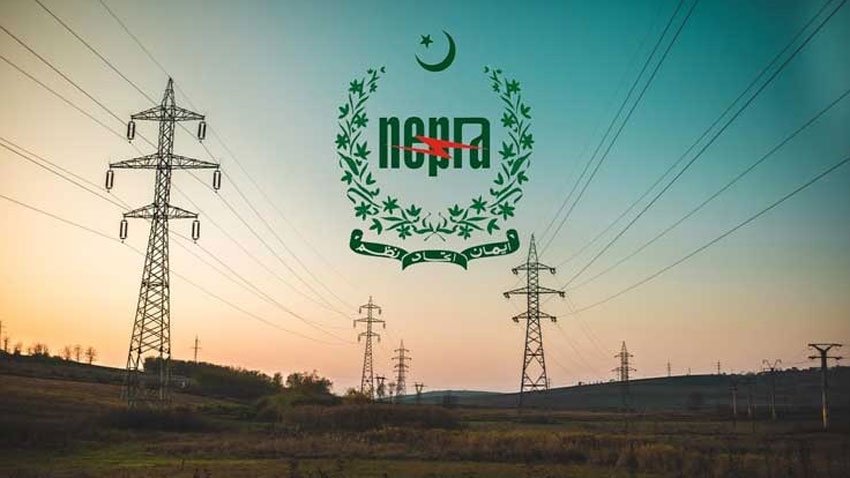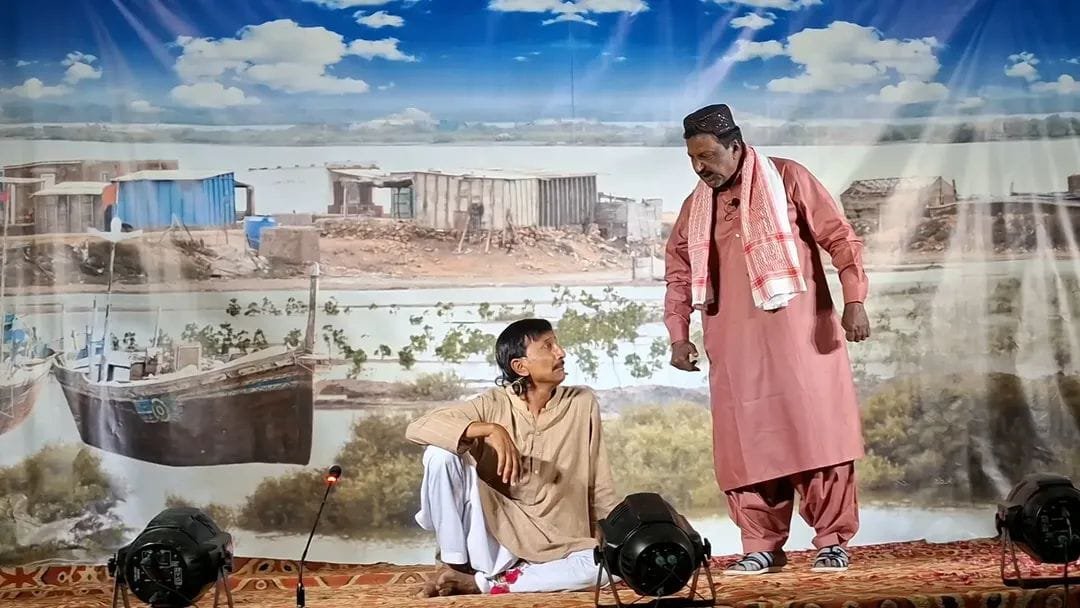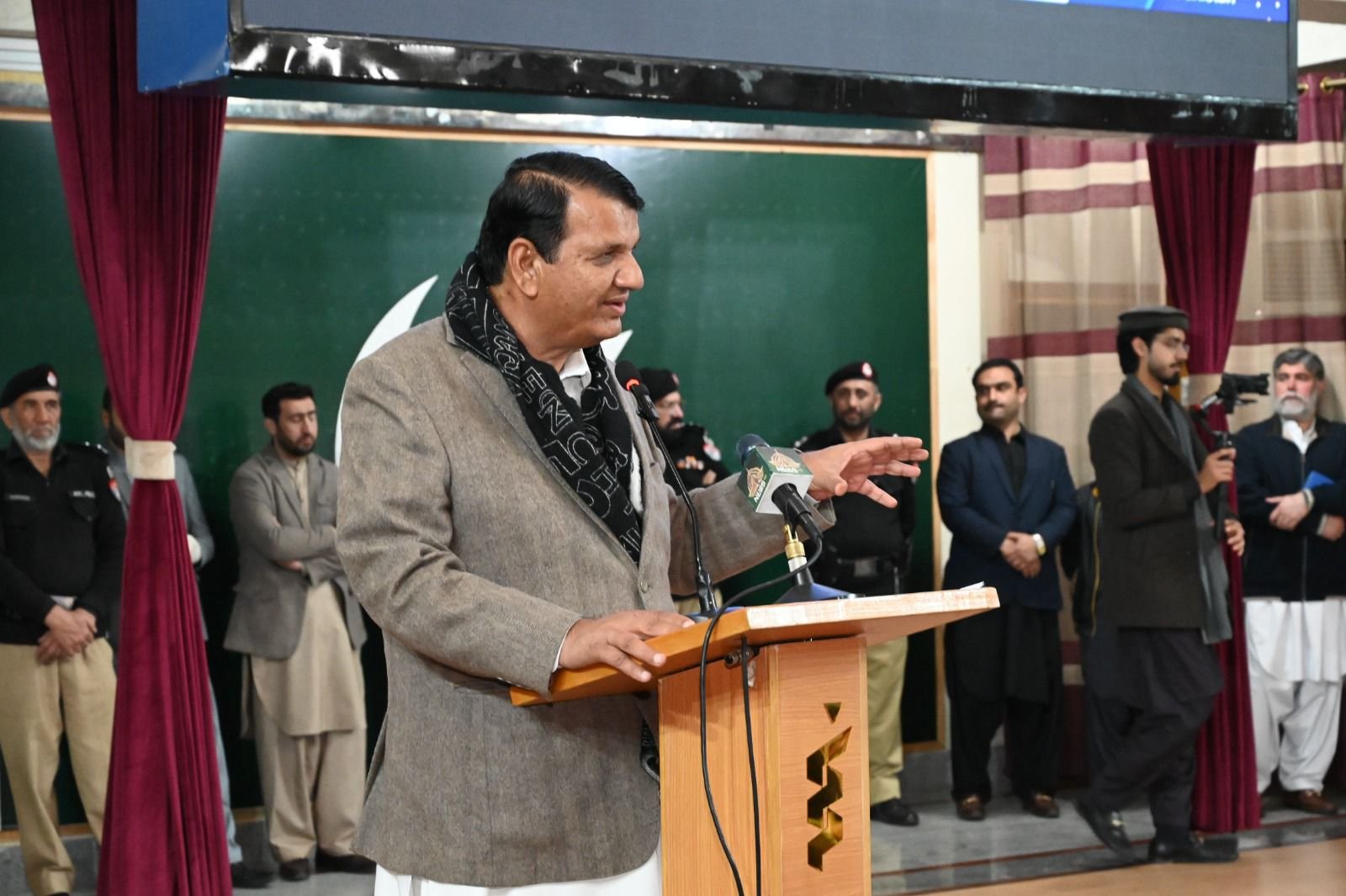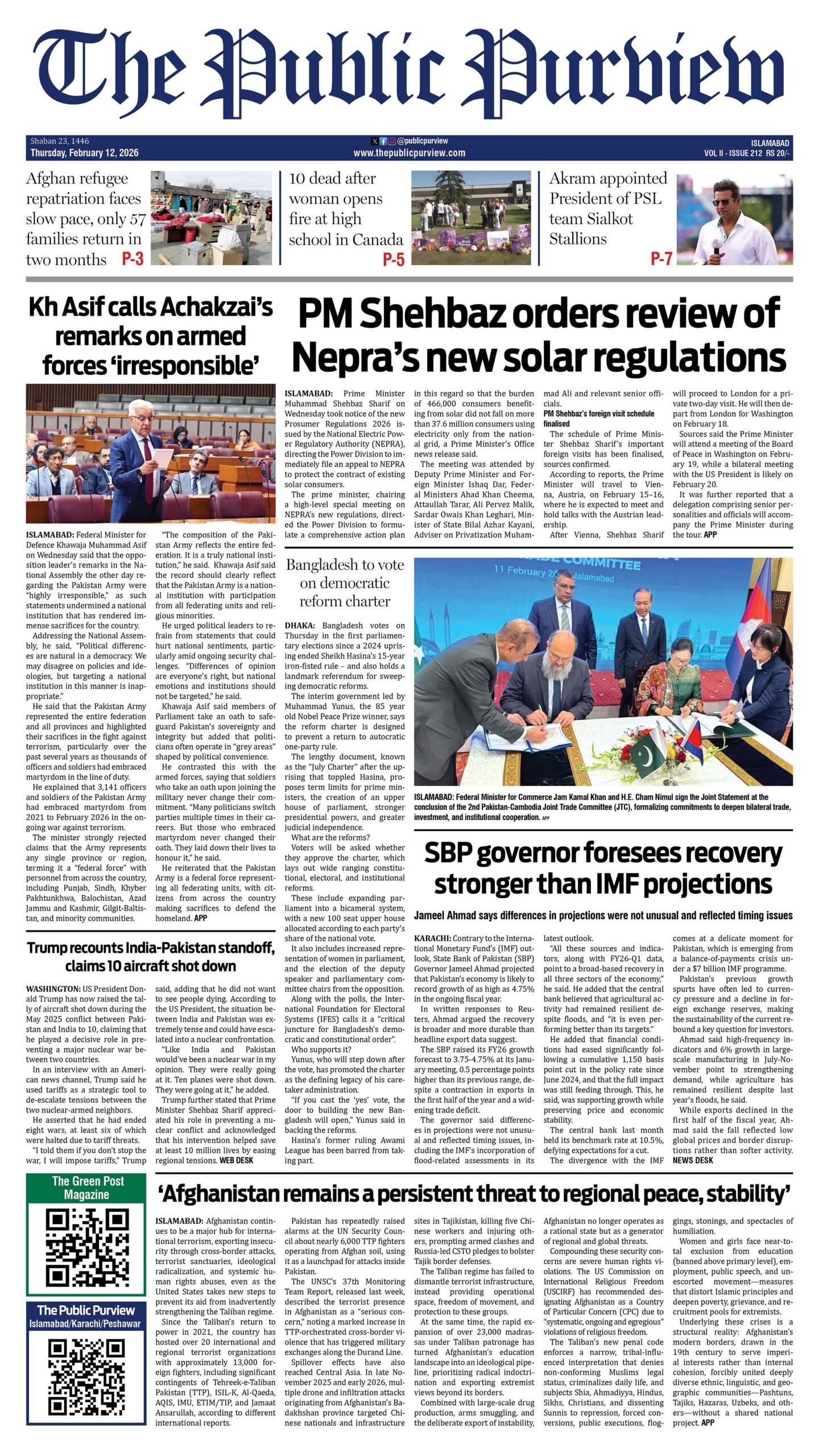Tarbela-Ghazi (Report by Abid Ali Khan)
A three-member delegation from the World Bank visited the 1,530-megawatt Tarbela 5th Extension Hydropower Project. The delegation was led by Pankaj Gupta, Regional Director for Infrastructure in South Asia at the World Bank. The Chairman of WAPDA, Engineer Lt. Gen. (Retd.) Sajjad Ghani, accompanied the delegation during the visit. Construction activities are currently underway at all seven key sites of the project, which is scheduled to begin power generation in 2026.

During the visit, the delegation was given a detailed briefing. The visiting members inspected major construction areas including the raised intake, tunnel, penstock, and powerhouse. Earlier, the WAPDA Chairman welcomed the delegation and expressed gratitude to the World Bank for its continued support in harnessing Pakistan’s water and hydropower resources. He expressed hope that the longstanding partnership between WAPDA and the World Bank, spanning over six decades, would further strengthen in the future.

During the site briefing, the General Manager/Project Director of the Tarbela 5th Extension Project informed the delegation that construction work is progressing satisfactorily across all seven critical sites. Highlighting key project milestones, it was noted that excavation works at the intake shaft, penstock, powerhouse, and switchyard have been completed, while concrete works are in progress at the raised intake, powerhouse, switchyard, tailrace culvert, and canal. Draft tubes have already been installed in all three generating units. Additionally, installation of penstock pipes and electromechanical equipment is ongoing at the penstock and switchyard.

The Tarbela 5th Extension Project is part of WAPDA’s strategy to produce low-cost, environment-friendly electricity. The World Bank is providing $390 million in financial assistance for the project. Under the extension, three generating units—each with a capacity of 510 megawatts—are being installed at Tunnel No. 5 of the Tarbela Dam. Upon completion, the project is expected to supply an average of 1.347 billion kilowatt-hours of electricity to the national grid annually. With this addition, the total generation capacity of the Tarbela Hydel Power Station will increase to 6,418 megawatts.






 Today's E-Paper
Today's E-Paper